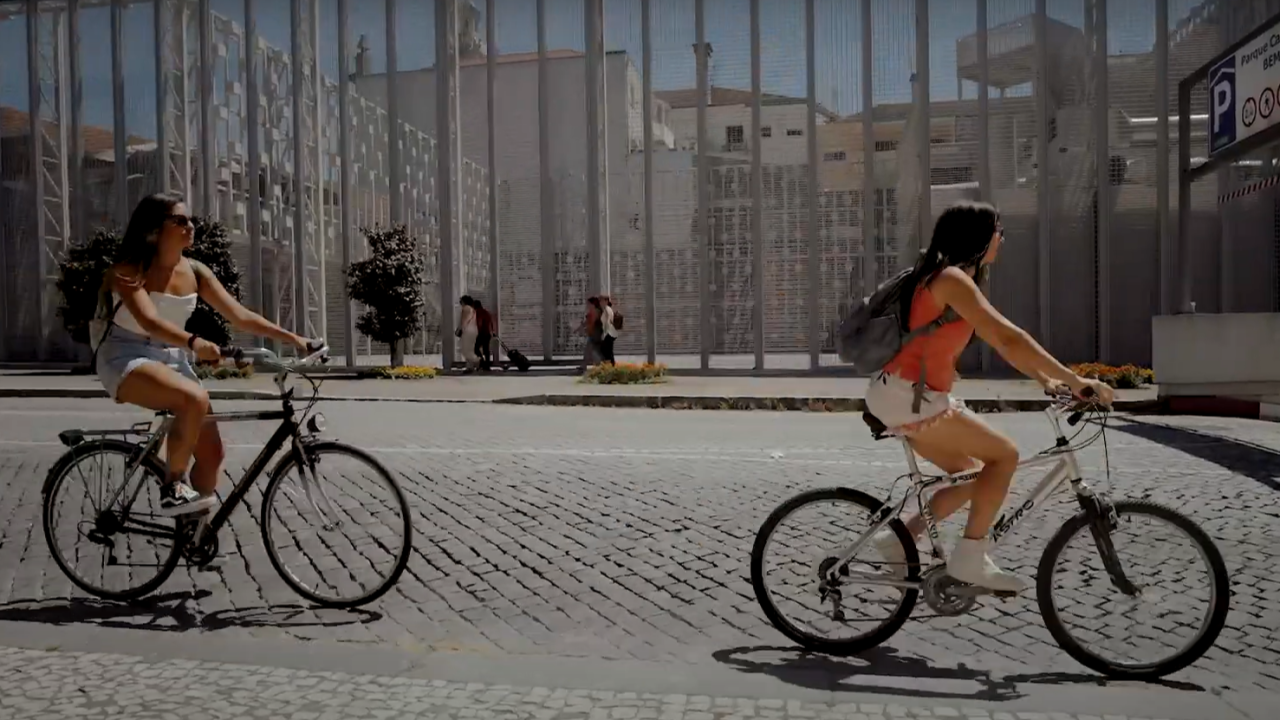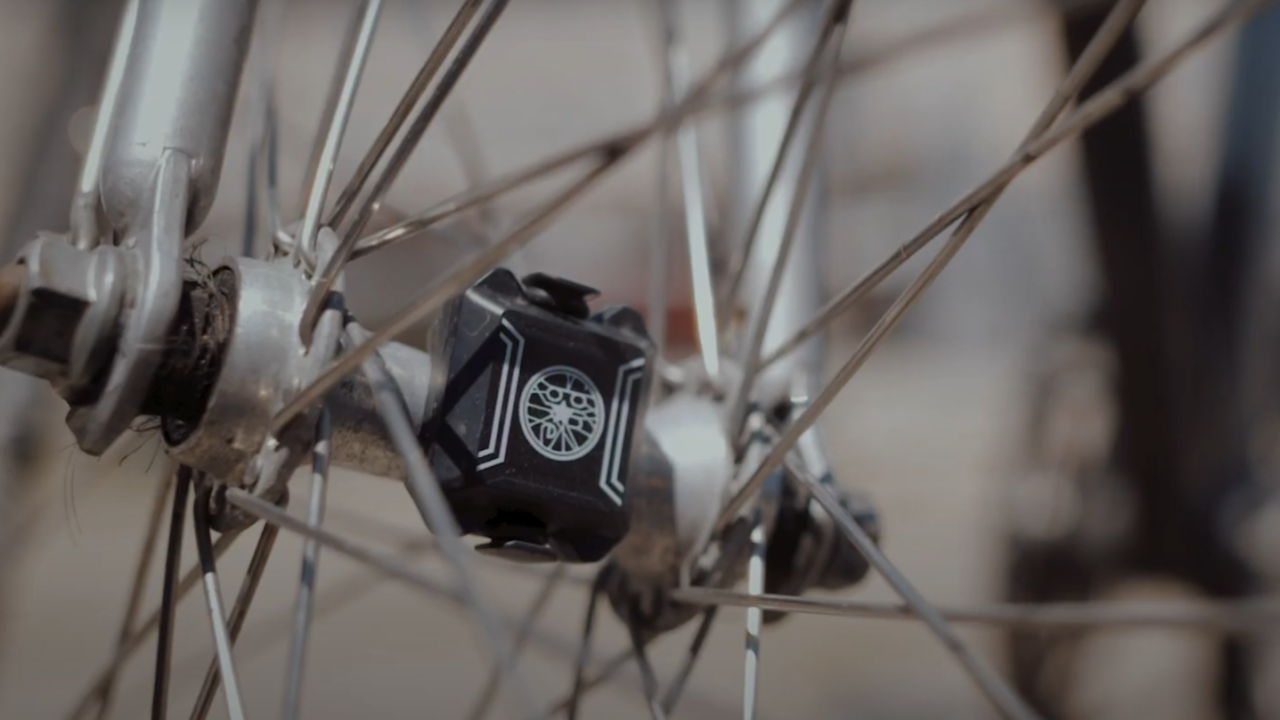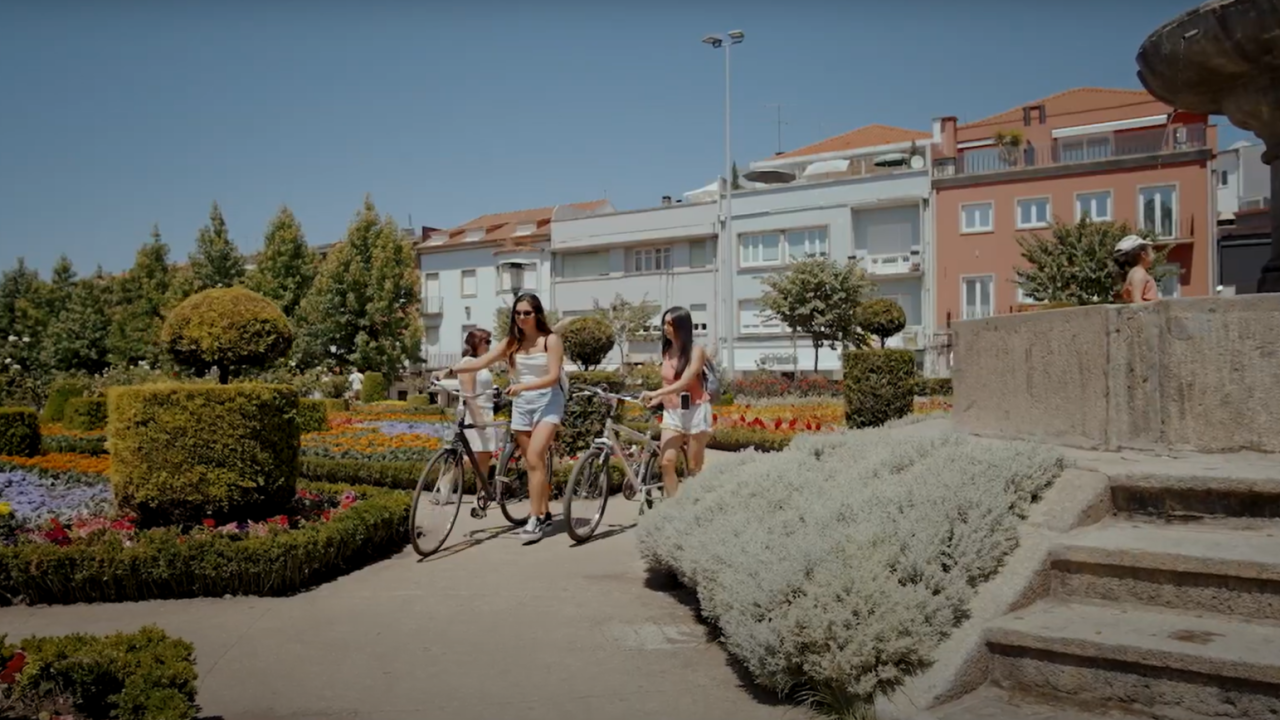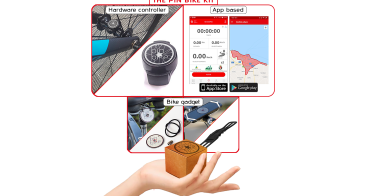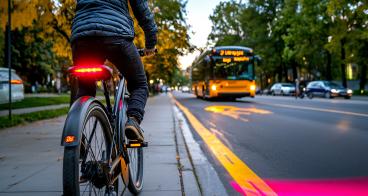Braga, Istanbul, Tallinn: Accelerating the modal shift through gamification
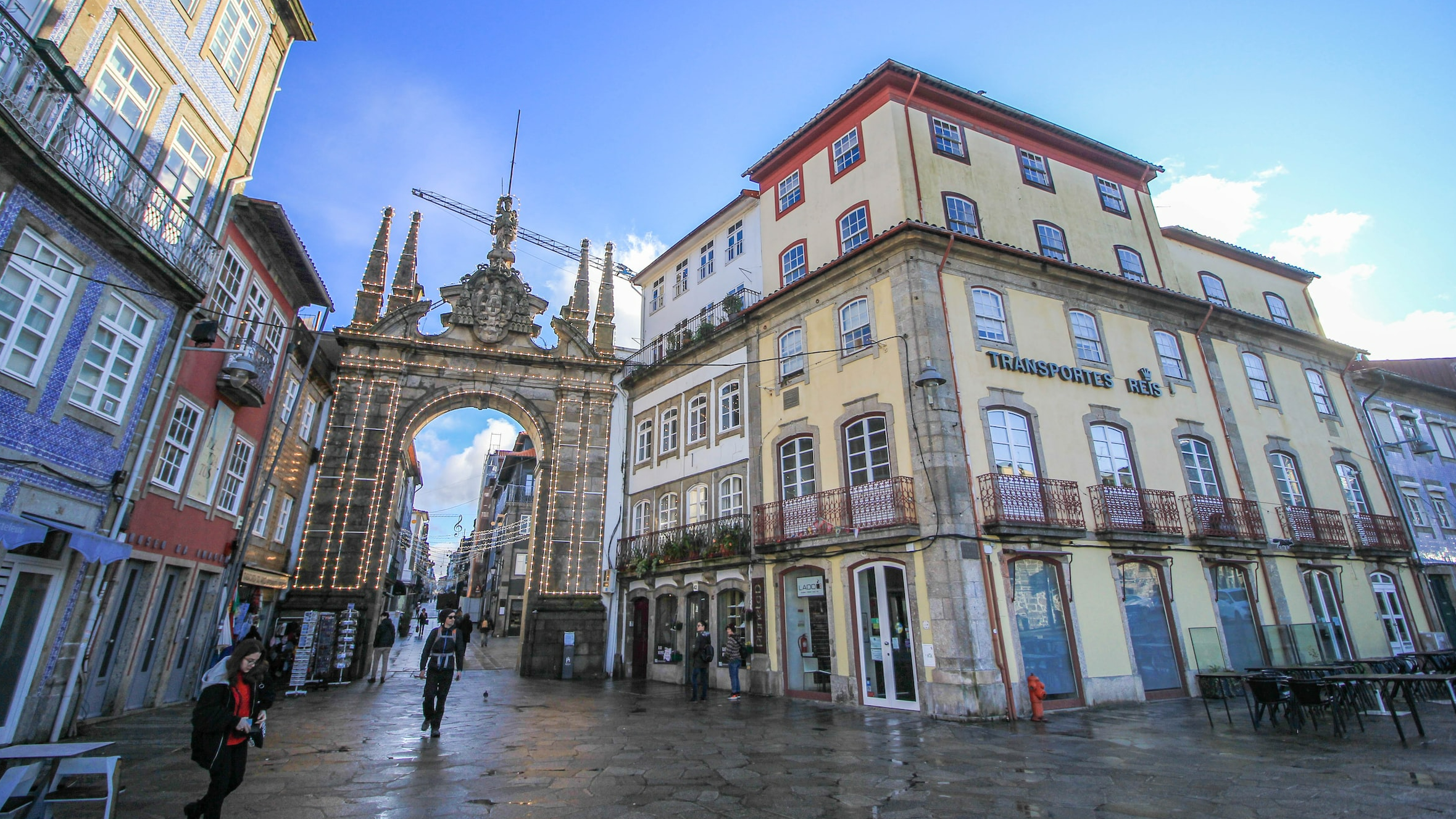
The Challenge
The cities of Braga, Tallinn and Istanbul are developing ambitious plans to improve the mobility of people and goods, reduce emissions and promote the shift towards low-carbon mobility systems and smart cities. To tackle air pollution and traffic congestion, the cities aim to promote more urban cycling.
While introducing and improving urban cycling infrastructure and services is important, citizens need to first change their attitude towards active mobility. In this context, the BICIFICATION project was aimed at nudging active mobility in three cities.
The Solution
The project adopted the antifraud system patented by Pin Bike to certify, monitor, and reward urban bike rides. The system is based on the comparison of two sources of data collection, both from hardware (Pin Bike sensor) and software (Pin Bike App) devices. Local authorities rewarded urban cyclists with economic incentives to be spent in local shops, while benefitting from valuable and trustable data collected in the Pin Bike Dashboard, a web portal informing smart cities' data-driven policies and investments with traffic, usage and infrastructure insights from the project.
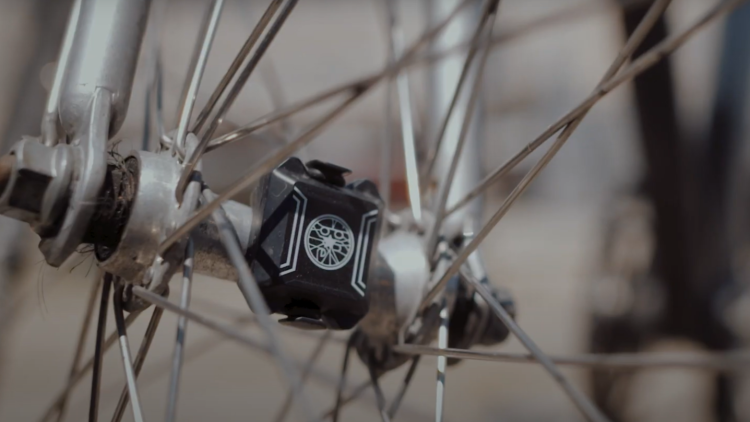
Making an impact
In Braga, a total of 400 users have collectively travelled a distance of 227,274 km, resulting in a reduction of 35.7 tons of CO2 emissions.
In Tallin, there were 387 users who have covered a total distance of 370,792 km, leading to a reduction of 38.2 tons of CO2 emissions.
In Istanbul, 422 users have travelled a combined distance of 237,927 km, resulting in a reduction of 60.4 tons of CO2 emissions.
The Open Data Platform showcasing traffic heatmaps, cooperative maps, and in-depth statistics related to each city was made public for the wider audience (researchers, local authorities, urban and traffic planners, etc.) to acquire knowledge regarding cycling habits.
Access the full pilot assessment (e.g. impact analysis of weather conditions on cycling behaviour by KTH & CERTH).
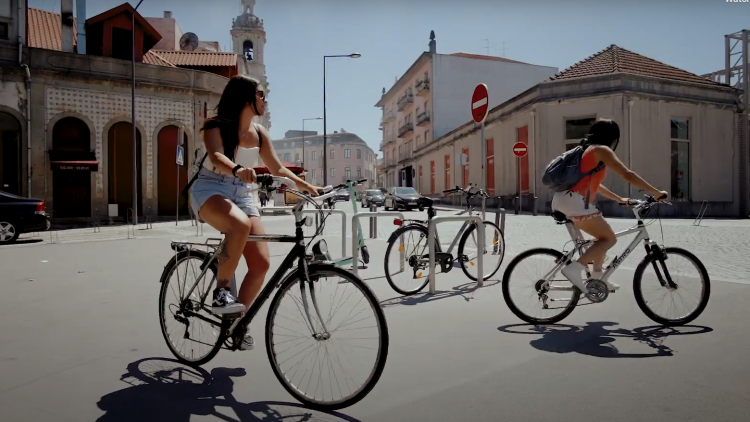
Lessons learnt
In Istanbul the number of trips in peak hours is higher than during non-peak hours compared to the other two cities. This is due to the double rewards offered when cycling in rush hours. It is also worth mentioning that in Istanbul, travellers are allowed to put bicycles on ferries as the heat maps show trip trajectories on the map. Although the system cannot detect intermodality, it can detect if a user is cycling or not (when the wheel is turning) and eventually put the session to pause. User rewards weren’t impacted.



